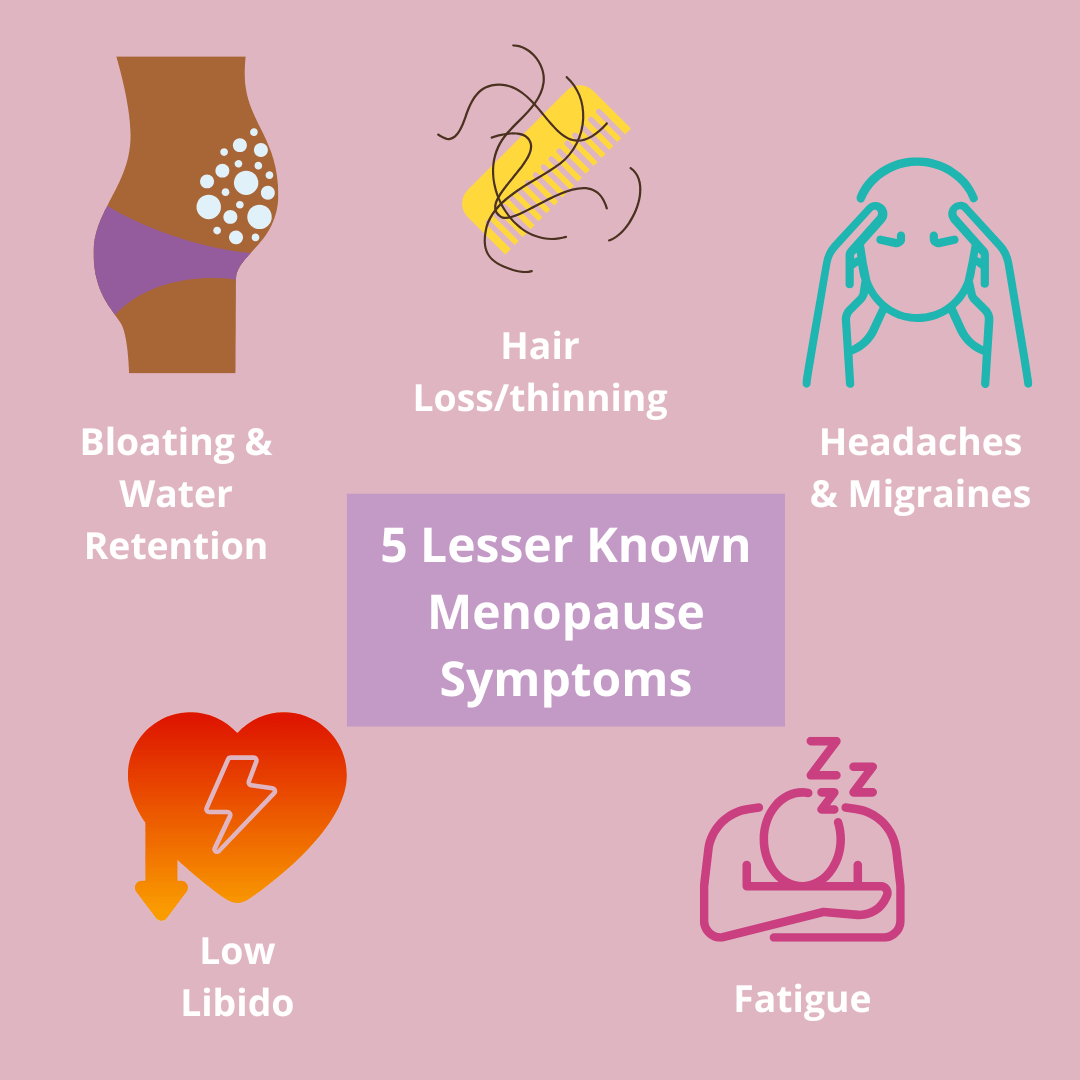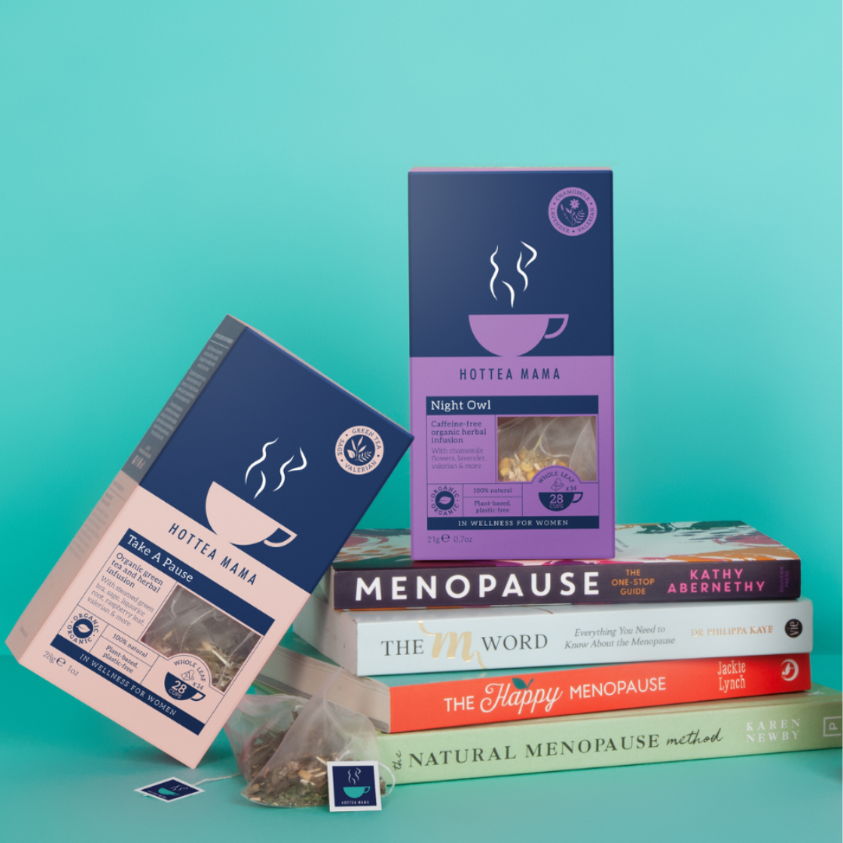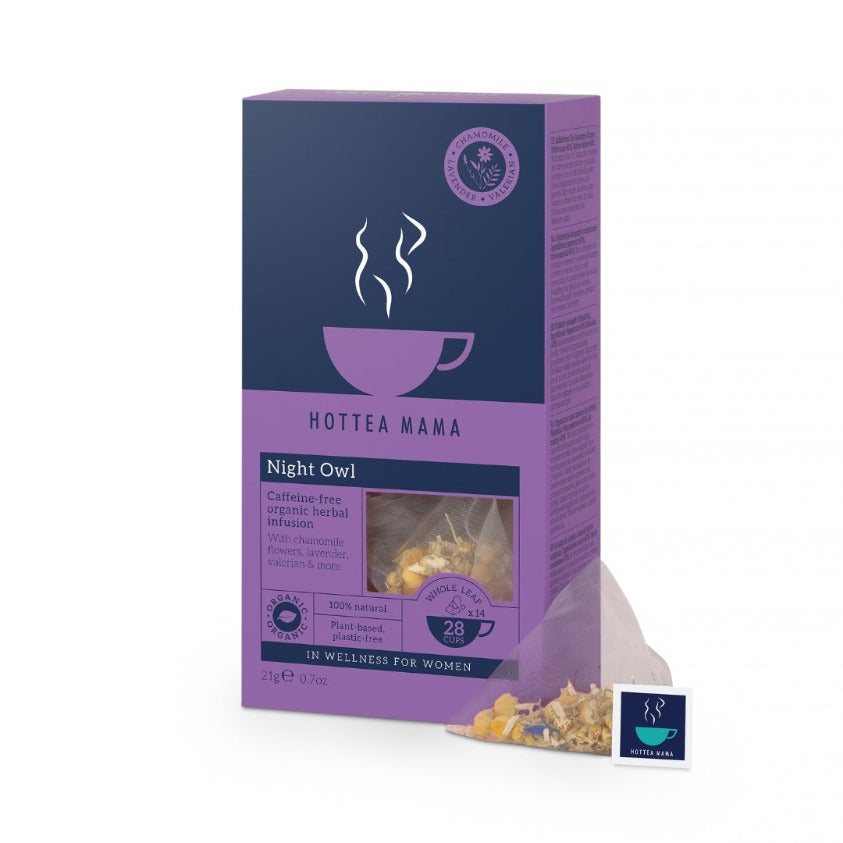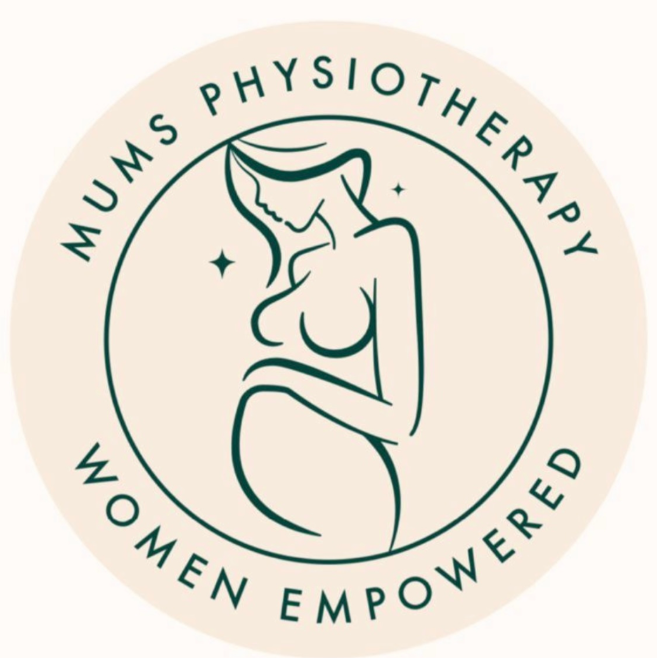5 Lesser-Known Menopause Symptoms & How to Naturally Support Them

When most people think of menopause, hot flushes and night sweats are usually the first symptoms that come to mind. But did you know there are actually 48 known symptoms of menopause?
Studies have shown that on average, most women can only name about 10.
Here are five menopause symptoms that we think don’t get enough attention, plus natural ways to support them:
Headaches & Migraines
Hormonal changes during menopause can trigger headaches and migraines that feel overwhelming. Staying hydrated is key—so try to avoid caffeine and fizzy drinks, which can actually make symptoms worse. Instead, reach for a caffeine-free herbal infusion like our Get Up & Glow. With grapes as its base, it can give you a natural boost, and can help to keep you hydrated throughout the day.
Bloating & Water Retention
If you’ve noticed a puffy tummy or swollen hands and feet, you’re not alone. Menopausal hormone shifts can cause your body to hold onto water, especially in the extremities. To ease bloating, try reducing salt in your diet and increasing potassium-rich foods.
Our Over The Moon tea contains dandelion root, a natural ingredient known to help reduce water retention and soothe uncomfortable bloating.
Fatigue
Feeling flat, low, or simply exhausted is extremely common during perimenopause and menopause. As your hormones fluctuate, your energy levels can take a hit.
To combat fatigue, try gentle exercise in the morning , an earlier bedtime, and including plenty of B vitamins in your diet.
If you need a gentle lift in the morning, our Head Start Tea offers a slow, steady release of caffeine —more than English Breakfast tea, but without the harsh effects of a direct caffeine hit.
Decreased Libido
A drop in estrogen and testosterone can lead to a lower sex drive, but there are ways to nurture your libido. Daily gentle exercise, open conversations with your partner, and a balanced, nourishing diet can help support sexual wellbeing over time. Remember, small changes can make a big difference.
Thinning Hair
Many women notice their hair becoming thinner during menopause due to declining progesterone and estrogen, which can weaken hair follicles. Support your hair health by adding more iron-rich and omega-3 foods to your meals, exploring specially formulated shampoos, and considering dietary supplements. Hormone replacement therapy (HRT) can also be helpful for some women—talk to your healthcare provider about what’s right for you.
At HotTea Mama, all of our botanical blends have been specially designed to support women’s health—naturally. So whether you’re looking for energy, balance, or comfort we have a tea or hot chocolate, to help you thrive.








Comments